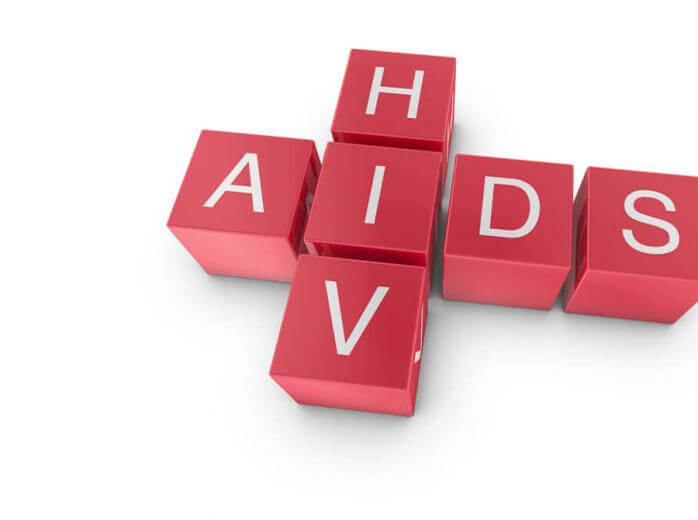Engagement of men key in ending AIDS
Share

Gweru (New Ziana_ – The effective engagement of men and boys in the fight against HIV and AIDS is key in ending the epidemic as a public health threat by 2030, a government official has said.
Speaking during the launch of the Zimbabwe Male Engagement Strategy for HIV, Sexual Reproductive Health and Rights (SRHR) and Gender Based Violence (GBV) by the National AIDS Council, Ministry of Women Affairs Community, Small and Medium Enterprise Development provincial head Sithembiso Dube said HIV and AIDS public health prevention and treatment campaigns have largely focused on women and girls.
Dube said the launch of the male engagement strategy is to strengthen efforts towards increased engagement and participation of men and boys in the national HIV, SRHR and GBV responses.
“This is part of fast-track efforts to ending AIDS as a public health threat by 2030,” she said.
Dube said although Zimbabwe has made considerable progress in its HIV response, with an HIV prevalence and incidence decreasing by 23.6 percent and 75 percent over the past decade respectively, the burden is still huge for the country and requires collective responsibility if AIDS is to be eradicated.
“In Sub-Saharan Africa and specifically in Zimbabwe, the focus of the epidemic has historically been on women and girls.
“Biological factors, their reduced sexual autonomy, men’s sexual power and privilege over them and GBV, has led HIV and AIDS public health prevention and treatment campaigns to focus on women and girls.
“As a result, men have received considerably less attention in the epidemic and receive less targeted HIV prevention and treatment programmes,” she said.
Dube said population‐based HIV surveys show that men consistently lag behind women in awareness of their HIV status.
“Although women and girls are disproportionately affected by HIV, the effective engagement of men and boys is also critical for both equity and effective HIV epidemic control,” Dube said.
United Nations representative Linda Hwenga said for the country to achieve its target of ending AIDS by 2030, it has to deal with the inequalities driving the epidemic.
Hwenga said the Zimbabwe National HIV and AIDS Strategic Plan 2021 – 2025 seeks to address the inequalities and resource needs among others.
She said HIV and AIDS remain global health crisis as efforts to prevent HIV infections have been less successful.
NAC spokesperson Tadiwa Pfupa said epidemiological and social data indicates that men are increasingly at risk and vulnerable to HIV and AIDS.
“Available evidence also shows low rates of HIV testing, male circumcision, condom use, and comprehensive knowledge of HIV and enrolment on Anti-Retroviral Therapy. Retention on ART is equally low,” she said.
New Ziana







